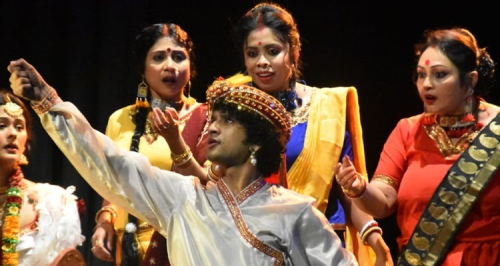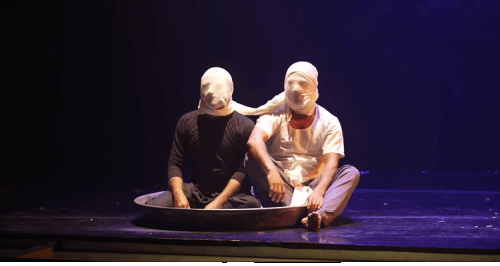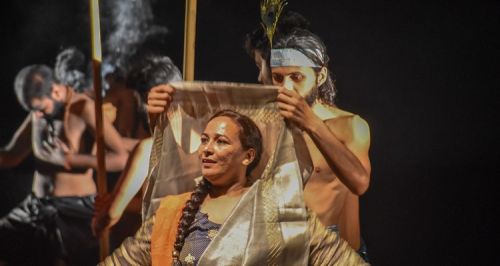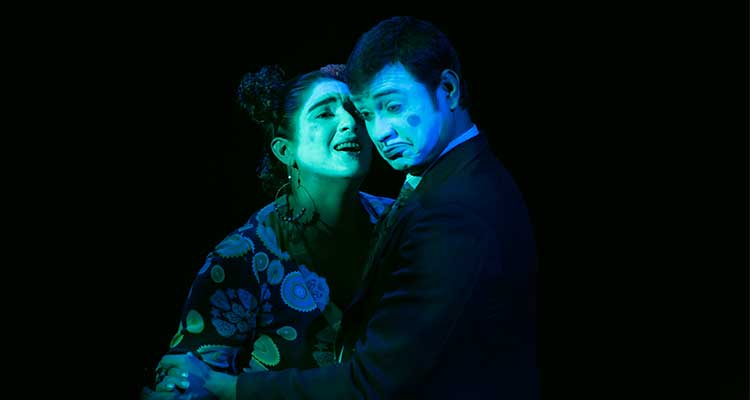Theatre is a Many Splendoured Thing!
Indian theatre has truly come of age. Freed from shackles of the classic proscenium style and the need to stay close to “safe” themes, it is now a dynamic, protean, many-splendoured movement. Its audiences too have evolved — it now speaks to an empathetic group of people; it is a much-lauded iconoclast.
The journey till now has been long. After the Indian Communist Party was founded in the 1920s, the Indian People’s Theatre Association (IPTA), its cultural wing, came along. The Bengal and Bombay bastions of the IPTA movement were peopled by a bunch of talented middle-class idealists who dreamt of a classless society. Their theatre was portable and with the jagged edge of political agenda, both anti-colonial as well as anti-fascist. The IPTA movement germinated an idea of social and political change aimed to reach the masses and shock them into realisation of their immediate reality and their existential will. The Sangeet Natak Akademi formed in 1953 gave further impetus to proliferating theatrical talent.
Taking on the mantle of the IPTA were the greats, among many others, like Vijay Tendulkar, Girish Karnad, Badal Sarkar who actually begun the “improv” cult with his Third Theatre Movement, Mahesh Dattani, Dolly Thakore, Sunil Shanbag who blends classic literary traditions with the contemporary with disturbing precision, Manav Kaul whose Peele scooter wala aadmi, an open-ended take on a father-son relationship, pays homage to Nirmal Verma’s style.
The theatre scene is buzzing now in both urban and rural India. Begun in the 60s and 70s by Safdar Hashmi and Utpal Dutt along with other thespians, street theatre now has Samudaya and Natya Chetana, itinerant street theatre repertories who aim at connecting with farmers and youth on current issues which need redressal and awareness. Avant garde has a lease of life with the venerable Prithvi Theatre’s workshops attempting to bring children into the drama of theatre; shows like Zangoora in the Kingdom of Dreams and the Sangeet Natak Akademi fests back have brought back nautanki and folk to audiences. The Ishara Puppet Theatre Trust is keeping the alive the art of live theatrical puppetry and the first Delhi International Queer Theatre and Film Festival was held in 2015, albeit backed by the Canadian High Commission.
With 12 years, 1500 productions and 5000 artistes, META is a tribute to Indian theatrical traditions- modern, classic, folk and experimental. We are looking at putting out a series of blog posts focusing on the unique and the atypical, intrinsic to all art and especially to theatre. We look forward to comments and feedback and wish you some exciting and interactive reading.
– Arundhati Nath





Leave a reply